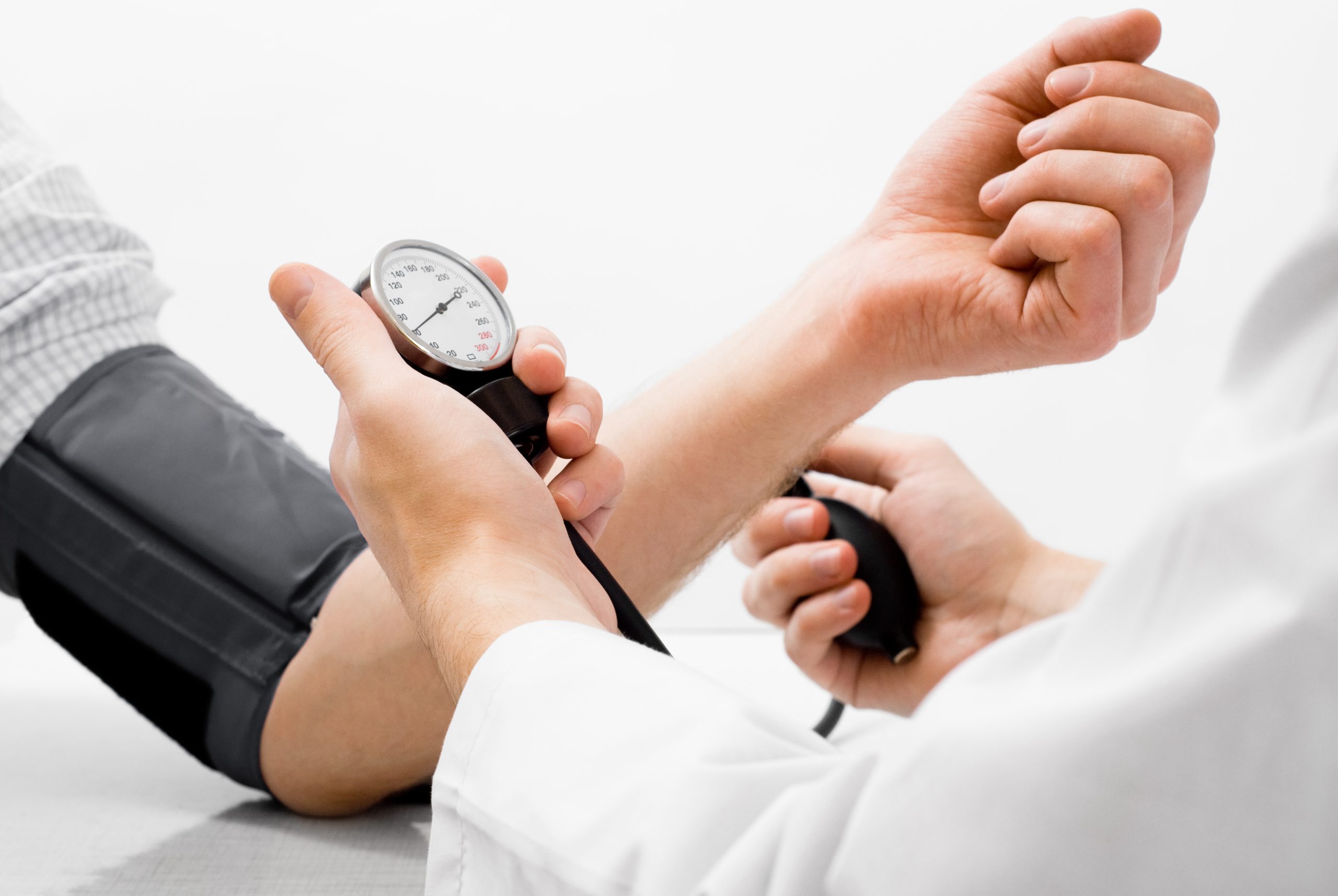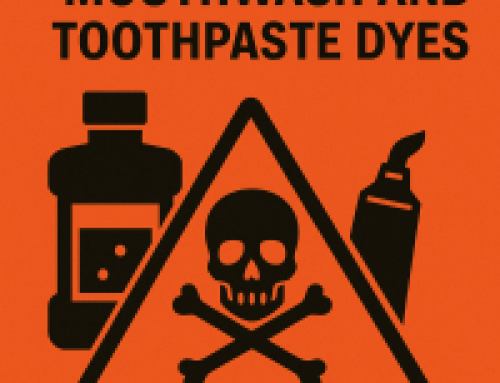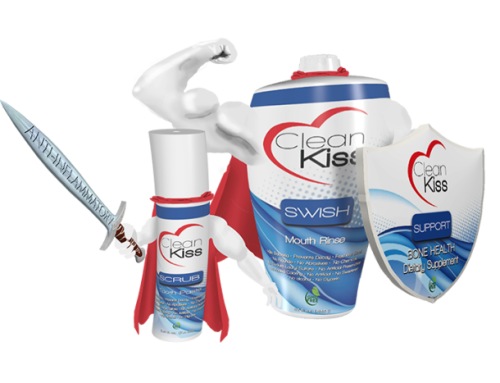Antiseptic Mouthwash Raises Heart Attack Risk, Blood Pressure: Chlorhexidine Kills Off ‘Good’ Bacteria That Helps Blood Vessels Relax
Jan 27, 2014 03:06 PM By Lizette Borreli
Antiseptic mouthwash is commonly used to quickly refresh and clean the mouth after brushing your teeth in the morning, after eating, and before going to bed. Frequently replacing mouthwash with toothpaste as a quick fix to kill off lingering germs, however, can become a deadly habit that you may need to spit out. According to a recent study published in the journal Free Radical Biology and Medicine, using a mouthwash twice daily — such as Corsodyl, Peridex — may increase blood pressure up to 3.5 millimeters of mercury (mmHg), raising your heart attack risk.
High blood pressure (HBP) is a serious condition that can lead to coronary heart disease, heart failure, stroke, and a variety of health issues. In the U.S., approximately one in three adults have HBP, often showing no signs or symptoms, says the National Heart, Lung, and Blood Institute. HBP that stays high over time can damage the body and affects how the blood is pushed against the walls of the arteries while the heart pumps blood. A two point raise in blood pressure can enhance the risk of dying from a stroke by 10 percent, and heart disease by seven percent.
Age, family history, being overweight or obese, and physical inactivity are just some of the risk factors that may trigger HBP. People who are overweight or obese require more blood to provide oxygen and nutrients to their tissues, says the Mayo Clinic, while being physically inactive leads to higher heart rates. The higher a person’s heart rate, the harder the heart must work with each contraction, creating a stronger force on the arteries. These two risk factors go hand-in-hand as a lack of physical activity leads to a higher risk of being overweight. Now a team of researchers at Queen Mary University of London believe using antiseptic mouthwash daily could increase the odds of HBP due to a chemical (chlorhexidine) that kills the “good” bacteria responsible for helping the blood vessels relax.
Chlorhexidine, a chemical found in antiseptic mouthwashes, is found to kill off “good” bacteria that helps blood vessels relax, increasing users’ heart attack risk.
Professor Amrita Ahluwalia, lead author of the study, and her team of researchers, observed the effects of a chlorhexidine-based antiseptic mouthwash — Corsodyl — by measuring the blood pressure of a small cohort of healthy participants during a two-week period. Chlorhexidine is an antiseptic that treats gingivitis and others problems of the mouth and gums. A total of 19 participants were recruited for the study during an initial seven-day control period followed by a seven-day treatment period with the antiseptic mouthwash. The researchers recorded the oral nitrate-reducing capacity and nitrite levels after each study period.
The findings revealed Cordosyl use retracts the oral bacterial conversion from nitrate to nitrate which reduces the plasma nitrate levels that are associated with increases in blood pressure. The mouthwash led the participants’ blood pressure to rise between 2 to 3.5 mmHg, with a noticeable effect found within one day of using the mouthwash twice.
The study authors believe killing off “good” oral bacteria plays a vital role in determining the plasma nitrate levels, and the bodily control of blood pressure. “Killing off all these bugs each day is a disaster, when small rises in blood pressure have significant impact on morbidity and mortality from heart disease and stroke,” said Ahluwalia, the Daily Mail reported. However, she adds, “We are not telling people to stop using antiseptic mouthwashes if they have a gum or tooth infection — but we would ask why anyone else would want to.”
According to GlaxoSmithKline, Corsodyl manufacturers, the antiseptic mouthwash contains 0.2 percent by volume of chlorhexidine. Corsodyl is recommended for patients with bleeding gums, irritated gums, mouth ulcers and infections, including post-surgery to promote healing, reads the website. The company also makes Corsodyl Daily, which contains 0.06 percent chlorhexidine for everyday use.
The findings of the study do not apply to all mouthwashes because not all mouthwashes contain the chemical chlorhexidine, such as the popular Listerine. The study authors caution other mouthwashes could still produce the same effects as Corsodyl by damaging the mouth’s healthy bacteria.
Mouthwash users who constantly rely on a battle to hide bad breath should visit their dentist to see if it’s attributed to an underlying cause that could be fixed.
Source: Ahluwalia A, Haydar MA S, Kapil Vikas, Lundberg JO, Pearl V, and Weitzberg E. Physiological role for nitrate-reducing oral bacteria in blood pressure control. Free Radical Biology and Medicine. 2014.






Leave A Comment